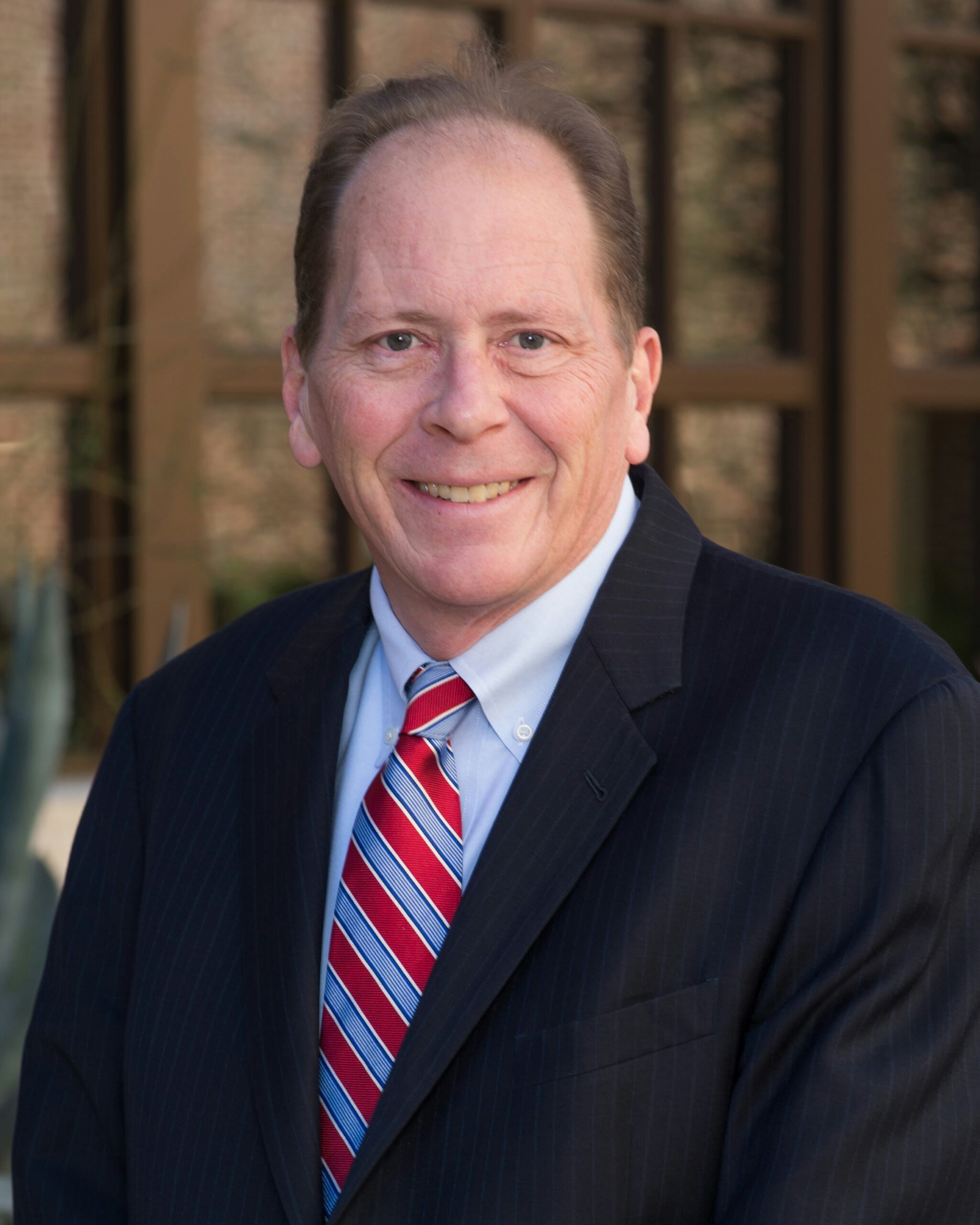Venezuelan civil society activist Rodrigo Diamanti was first interviewed for the Freedom Collection in 2010. Rodrigo is the founder and...
Venezuelan civil society activist Rodrigo Diamanti was first interviewed for the Freedom Collection in 2010. Rodrigo is the founder and president of Un Mundo Sin Mordaza (A World Without Censorship), a nongovernmental organization that works for freedom of expression around the world. I recently had the opportunity to speak with Rodrigo about the October 7, 2012 elections, when Hugo Chavez was reelected to a new six-year term as president. Despite widespread concerns over Venezuela’s deteriorating human rights conditions, Chavez’s cancer diagnosis, and the president’s autocratic way of governing, voters preferred Chavez over his opponent, Henrique Capriles Radonski, by a 55 – 44 margin. Chavez took full advantage of his control over the media during the campaign and there were numerous accusations of dirty tricks, including reports of armed Chavez supporters breaking up opposition rallies and charges by the head of one opposition party that he was offered money to withdraw his support for Capriles. Even so, Capriles, a popular governor performed better than any of Chavez’s previous opponents and benefitted from a united opposition front. Reflecting on Chavez’s victory, Rodrigo notes that the opposition improved on its previous levels of support, but that the government won because of its dominant position in the media and its ability to spend freely. In its report on the elections, the Carter Center noted that the government launched several lavish new social programs in 2011, including the “Great Venezuelan Housing Mission” to provide free homes to the poor and the “Great Senior Citizens Mission” to provide pensions to the elderly. “The opposition obviously has limited resources and the government has an unlimited amount of resources, because they have all of the resources of the Venezuelan state to convince the Venezuelan people to vote for them,” Rodrigo said in his interview. Despite their relatively strong performance, the Venezuelan opposition was disillusioned by Chavez’s reelection. Nevertheless, Rodrigo remains committed to changing his country’s political future. He said, “The only fight that we lose is the one that we abandon.” Given the many institutional challenges they face, Rodrigo and his fellow Venezuelans will indeed need to persevere in their cause. Rodrigo called on the international community to remain engaged. He said, “International support is very important for Venezuelans because it helps them morally and maintains the motivation of the people who are in the country.” And that is an important lesson common to many democratic revolutions and movements. While material support can be important, the moral support from overseas is often even more valuable. Democratic activists often feel they are alone. Those of us in free societies must remember those who are committed to the patient work of advocating for change.
This post was written by Lindsay Lloyd, Program Director of the Freedom Collection.
































